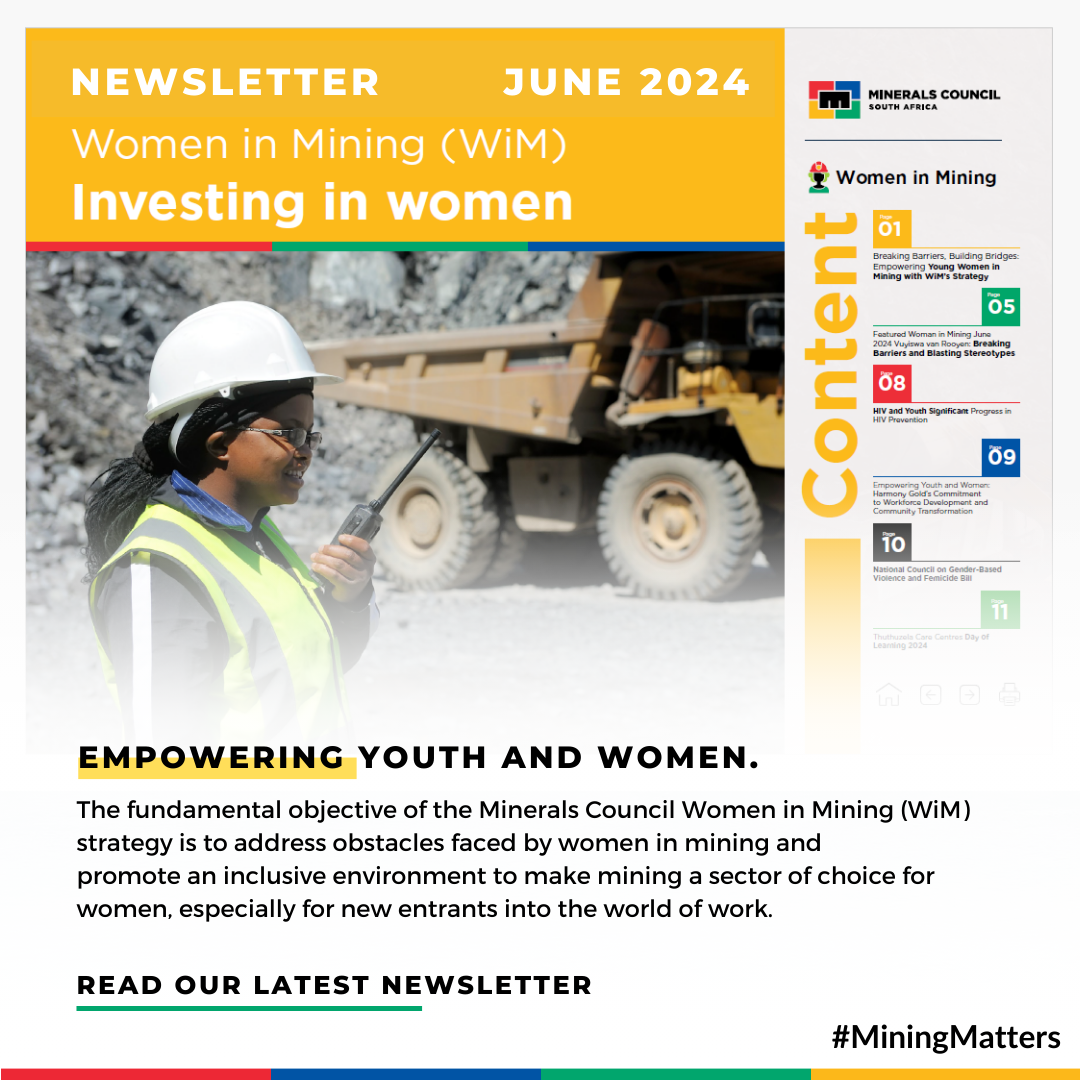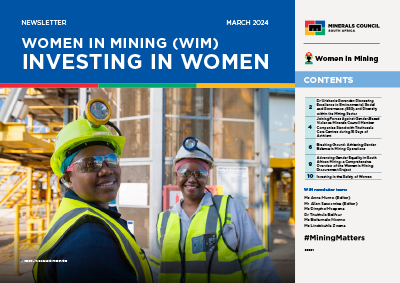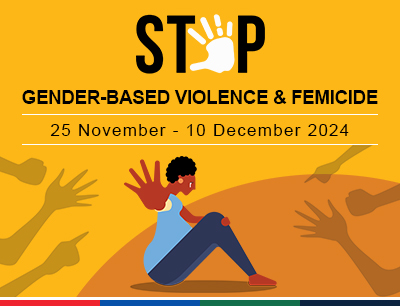14 February 2022
The Minerals Council South Africa recommits to zero tolerance of gender-based violence and femicide (GBVF), sexism, racism, and bullying in the mining industry after noting the release of a report by Rio Tinto exposing these unacceptable problems at its global operations.
The Report into Workplace Culture at Rio Tinto gave the Minerals Council and its members reason to reflect and recommit to their efforts to address GBVF, sexism, racism, and bullying at South African mining operations. It is an opportunity to contemplate the efficacy of the studies, guidelines, policies, and interventions undertaken by the industry to resolve these problems.
South African mining operations reflect the communities from which they draw their employees. The country has worrying levels of societal problems, including GBVF, sexism, racism, and violence, with the world’s fourth highest femicide rate. A fifth of women are assaulted by their partners, while half of reported assaults of women are perpetrated by close friends, family or spouses.
“There is no silver bullet to address the challenges faced by women in the mining industry, but we believe that, with continued targeted, highly focused work on the objectives set by the Minerals Council, and with the continued support of our member companies and their respective leaders, and our social partners, we will make a difference,” says Nolitha Fakude, President of the Minerals Council and Chair of the Women in Mining Leadership Forum. The Minerals Council and its members continue to acknowledge and address these deep-seated, ingrained societal issues that manifest in their mines to make them safe, non-threatening places of work.
Women have been legally allowed to work underground in South Africa since 1996. As of September 2021, 64,500, or 14%, of the industry’s 455,200 employees are women. The Minerals Council and its members have set stretch targets to at least double the percentage of women in mining by 2025 and ultimately work towards 30% to 40% women representation across the industry and 50% in management over the next decade. This makes zero tolerance of GBVF and sexism imperative.
“Our industry has a difficult history and working environment. We are not blind to the challenges women face in all spheres of their lives, and this includes our mining operations. We have done a lot to bring women into mining in the best possible way,” says Fakude.
“So, Rio Tinto’s voluntary report on instances of sexual harassment, sexism and workplace bullying was a bitter pill to swallow. What a timely and urgent reminder it was to all of us in our organisations and institutions to remain vigilant about how employees live the values that we each aspire to and have set up for each organisation,” she says.
An independent data-driven research project into GBVF at South Africa’s mines on behalf of the Minerals Council was conducted in 2021 across all race groups, sexes, and ages of working adults. The outcomes will form the base from which to implement effective interventions to decrease GBVF at mining operations. The survey captured data from 2,054 respondents (58% women, 42% men) working in all major commodities, and it included 15 mining companies in seven provinces.
The survey found that, while the majority of those surveyed in the mining industry responded in a way that GBVF was not a concern for each of the assertions being tested, there was a consistent 30% who had concerns that it was. The survey also found that there was mistrust of the reporting mechanisms.
The Minerals Council resolved to conduct further qualitative research to unpack and understand the drivers of GBVF to address the concerns raised by the 30% of respondents, which included both women and men.
An assessment to be conducted in early 2022 of mining infrastructure like change houses, underground ablution facilities, lighting, and conveyances, will generate recommendations on how to make these safer for women. Awareness campaigns and initiatives will be run to create trust and higher use of mining companies’ GBVF reporting mechanisms after the survey found a third of women are too afraid to speak up about GBVF or to report incidents for fear of being judged.
The Minerals Council established its Women in Mining (WiM) initiative in August 2020 to drive an increase in the representation and development of women in the industry. The initiative includes representation of member companies at the highest management level.
“We commit to working with our social partners to ensure women are not only welcome in mining, but that they also have a safe and rewarding career in the sector. We will do whatever we can to progress to a more sustainable, and equal society.”
“I must applaud Rio Tinto for wrestling with this lion and for reporting it, as well as making such an open commitment to clean up house. That takes courage. We all need to follow suit. Their stance should be seen as a clarion call for all mining leaders, labour leaders, and employees to address this scourge,” concludes Fakude.
For further queries:
Allan Seccombe
Head Communications
Tel: 064 650 4636
Email: [email protected]
Web: www.mineralscouncil.org.za


